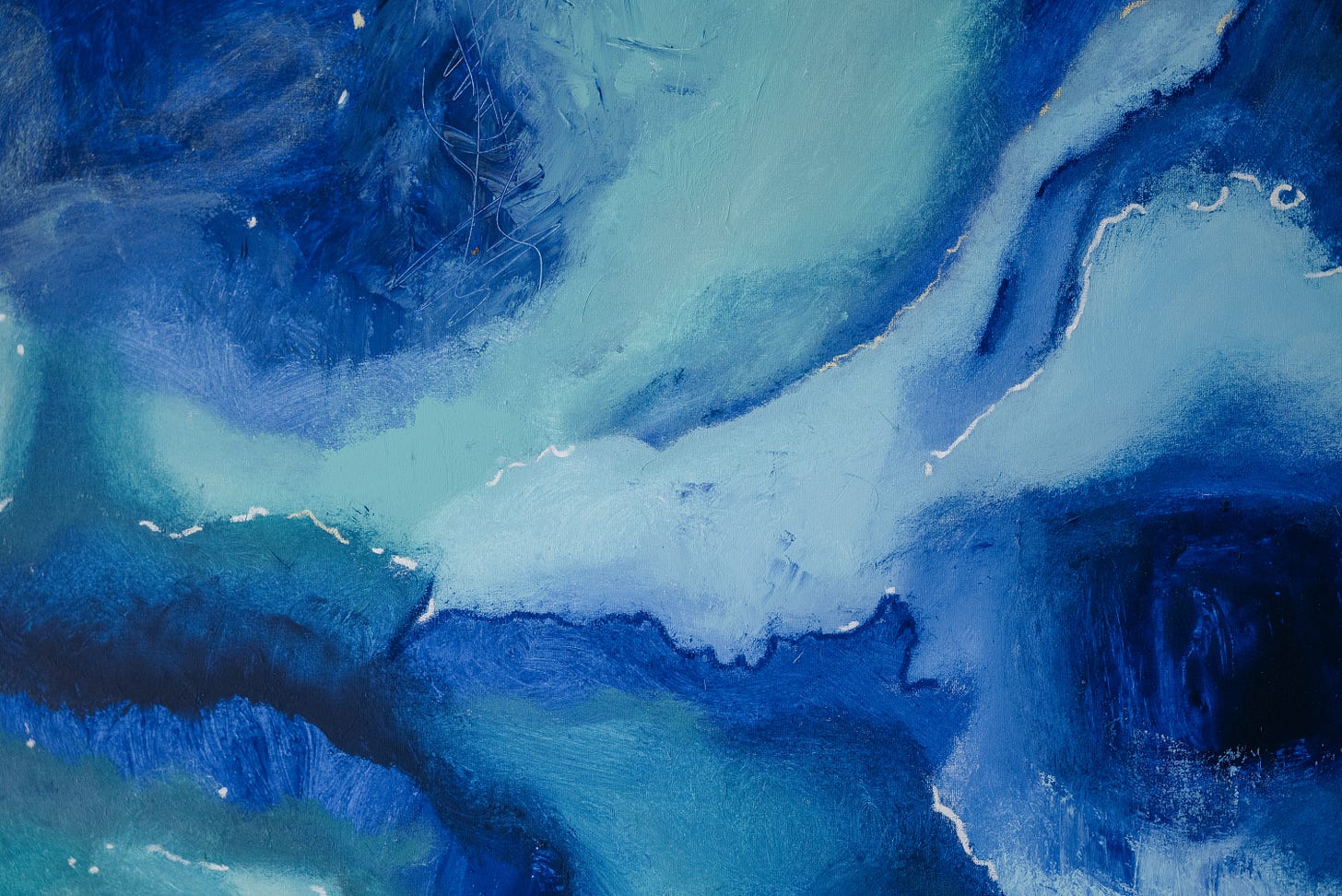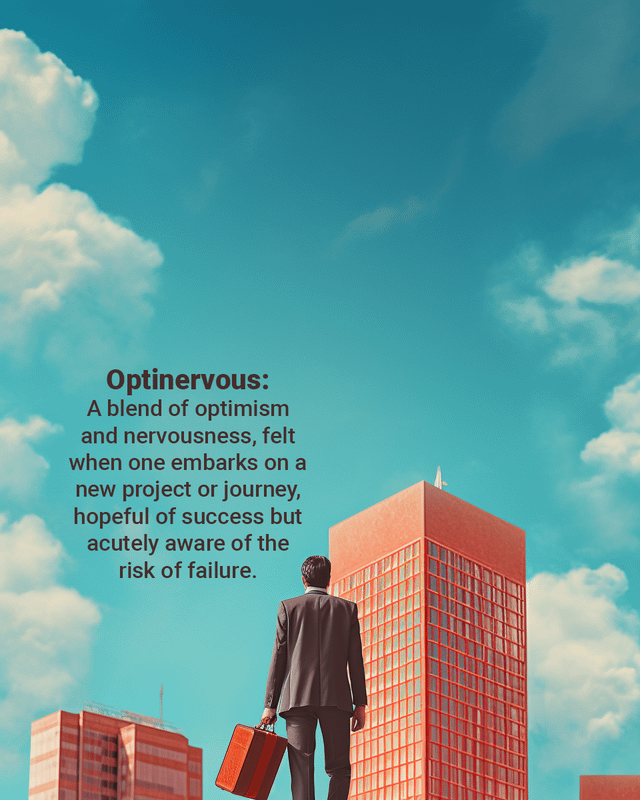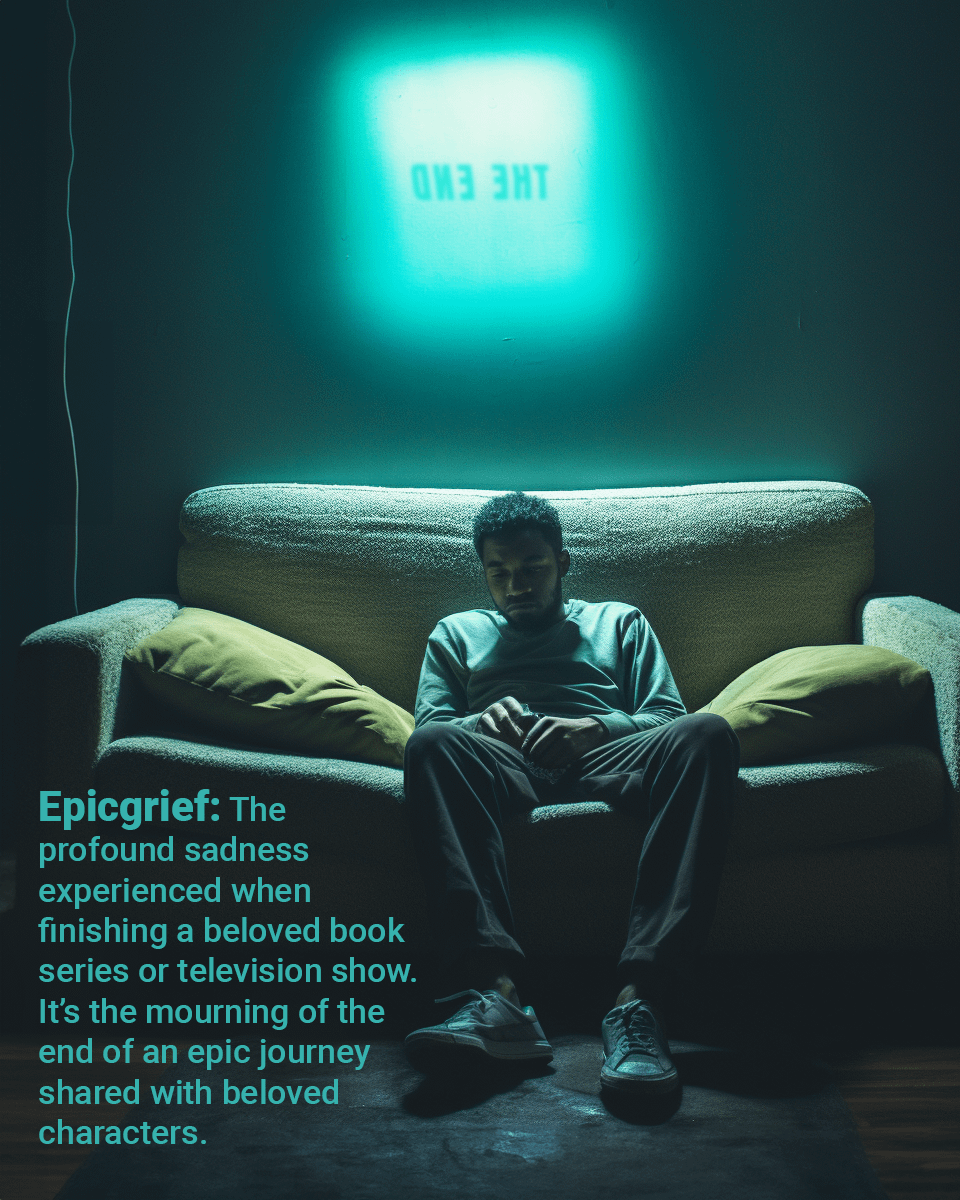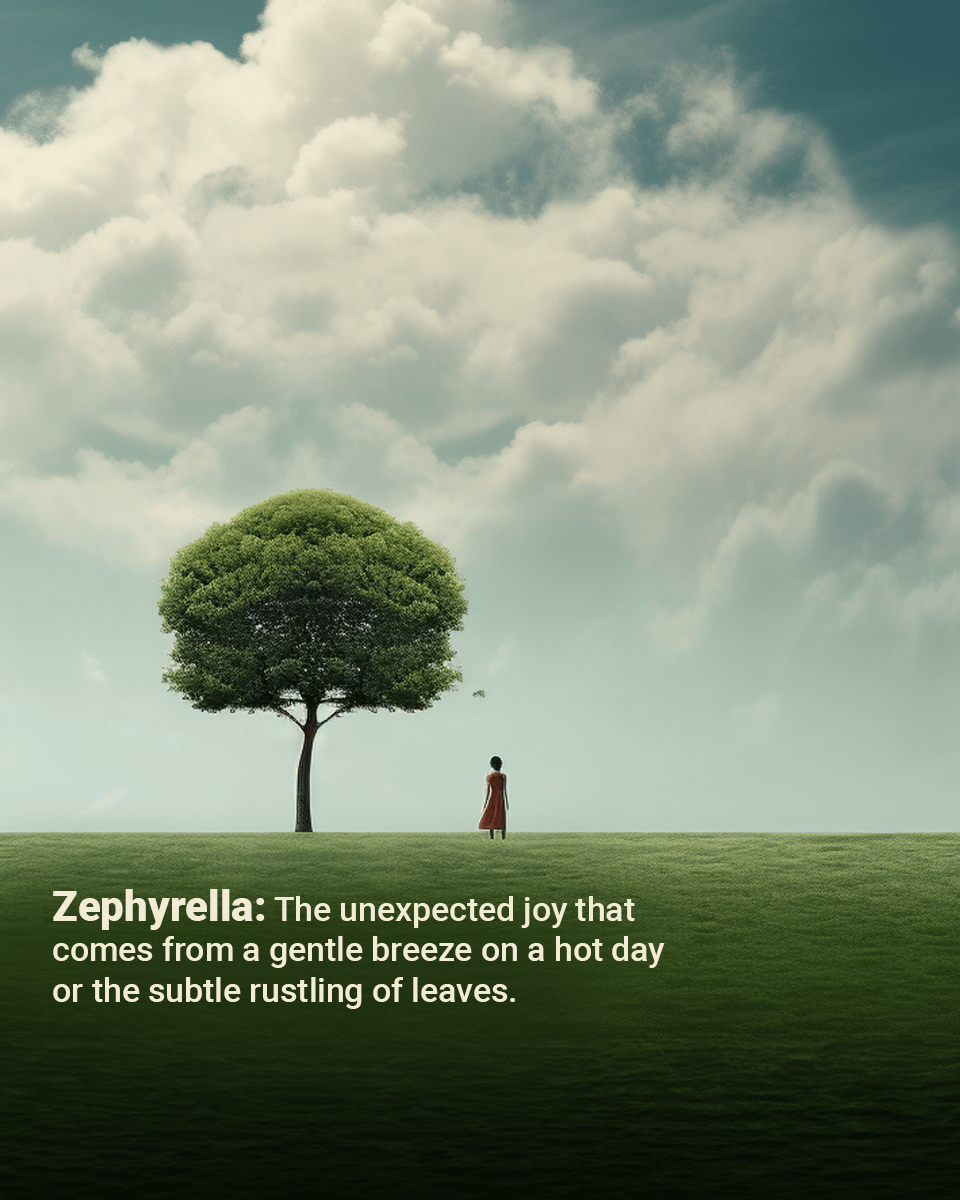In this week’s issue:
An essay about distraction as avoidance and attention as antidote
This week’s find: AI imagines “emotions”

How have you spent your day so far?
I’ll tell you how mine started.
While I’d love to say that I leapt out of bed brimming with vitality and vigor, the reality is that today started like most days do.
Namely: I wake up and lie supine for a while, dazed. Like a stunned turtle on its back. Eventually, I turn over and fumble for my phone. I blink a few times. A thumb flutters across the cold glass display. My thumb?
The initial flash of brightness makes me squint. I am confused just for a few moments. There is something carnivalesque, vaguely grotesque, in how shapes drift across the screen. Then I become soothingly immersed - almost embraced - in the drip of endless stimuli.
I tell myself I’m feeding my brain a bit of morning news to help it wake up. But truthfully I’m just avoiding how much it’s going to suck when I finally throw the covers off, roll out of my cocoon, and get on with the day.
Our days are full of avoidance
Our days are filled with these moments. Moments where we encounter some uncomfortable edge in our conscious experience - some unpleasant feeling - and ever so subtly retreat from it. That retreat is often into some form of distraction or numbing. Devices are good for this. Snacks, too.
Think about procrastination. Putting things off is, of course, the most ubiquitous form of avoidance. If there is no hard deadline for the unpleasant task, then avoidance can become a state we continuously inhabit. Until it’s hard to distinguish what’s bothering us more - the undone task itself, or the nagging feelings of overwhelm and feebleness that grow with our inaction.
Days become lives
There is a statement which is often attributed to the writer Ann Dillard, but which I am convinced must have been bouncing around the popular consciousness long before:
“How we spend our days is, of course, how we spend our lives.”
- Ann Dillard, The Writing Life
Perhaps you’re the kind of person who reads this and finds it motivating. Perhaps as you take an aphorism like it in, you grow excited about a grand project in self-improvement: getting more disciplined, refocusing on the big picture and cutting out the inessential.
I am not like you.
For me, the feelings it provokes are closer to existential dread and panic.
If how I’ve been spending my days - i.e. often distracted, frequently snacking, seldom up to much and certainly not much of importance - is how I’m spending my life, then goodness, what kind of life is that??
I must remind myself be calm. To resist the choking urge to rethink all my life choices so far or to make any drastic moves. Like cutting out M&Ms, rage-quitting my job or joining an ashram. Because all that would not actually be getting to the heart of the matter.
There is point where doubling down on prioritization and habit-building becomes just more of the same. Too much focus on the doing, and not enough on the being.
It’s not what we do, but how
It is surely true that our lives mirror our days. But what matters even more than the specific pursuits that fill those days is the quality of awareness we bring to those pursuits.
Put more simply, it’s not so much what we do, but how we do it. There is great magic and meaning in the ordinary, provided that we bring mindful attention and presence to it, whatever “it”is.
With this in mind, the internal monologue that I might invite in, the next time I wake up and blink away sleep in the morning may go something like this:
Breathe.
In.
Out.
What’s here?
Warm and cozy sheets.
Sleepy. Grumpy.
I don’t want to get up. Work? Ugh.
It’s OK. Relax. Just allow it.
Breathe in, warm sunlight. Breathe out, stillness.
I’m here…
And now. I get up.
We choose what is most vital to spend our waking moments on and how we inhabit those moments.
When it comes to building a life well spent, the good news is: no mammoth changes are required. There is no need to throw everything out the window or to embark on a quixotic, ambitious quest for self-augmentation.
We might simply bring a greater sense of presence and mindful awareness to our life as it already is. Now. In this next breath.
And so, life becomes fully inhabited - fully lived. Moment by moment.
So. How will you go about the rest of your day today?
Whatever you do, pay attention.
And life will meet you. Right where you are.
This week’s find: AI imagines “emotions” 🤖
Another addition to the growing list of vaguely eerie things AI came up with: Philipp Lenssen asked ChatGPT the following:
"Please come up with 10 new emotions. Include their name, and what may lead to them. You may exaggerate and take creative freedoms."
Then, he used Midjourney and Photoshop to create illustrations of the “emotions” ChatGPT invented. The results are quite clever and relatable, and can be found here. A few of my favorites:




